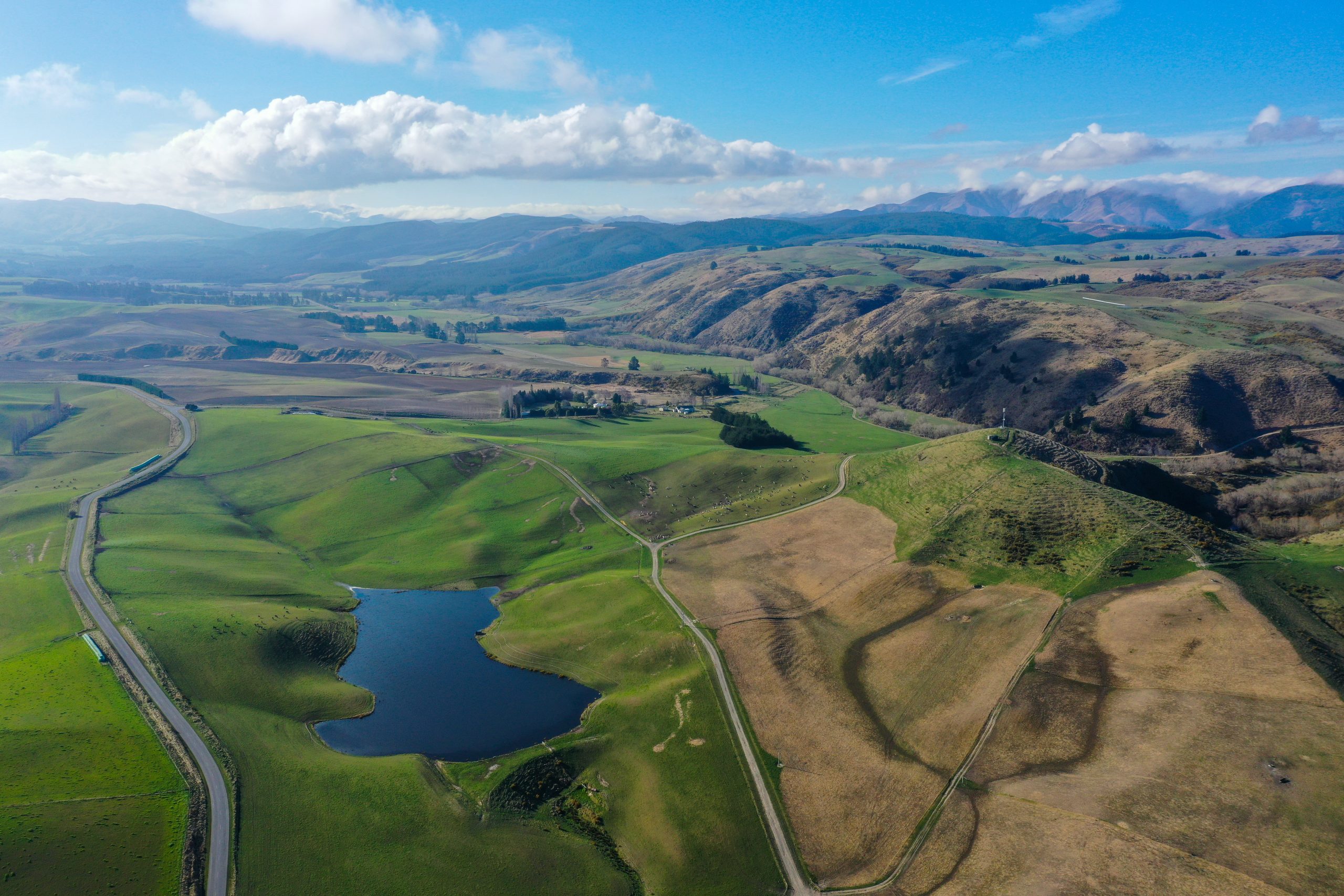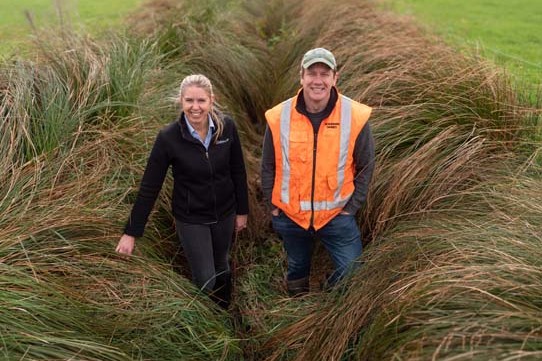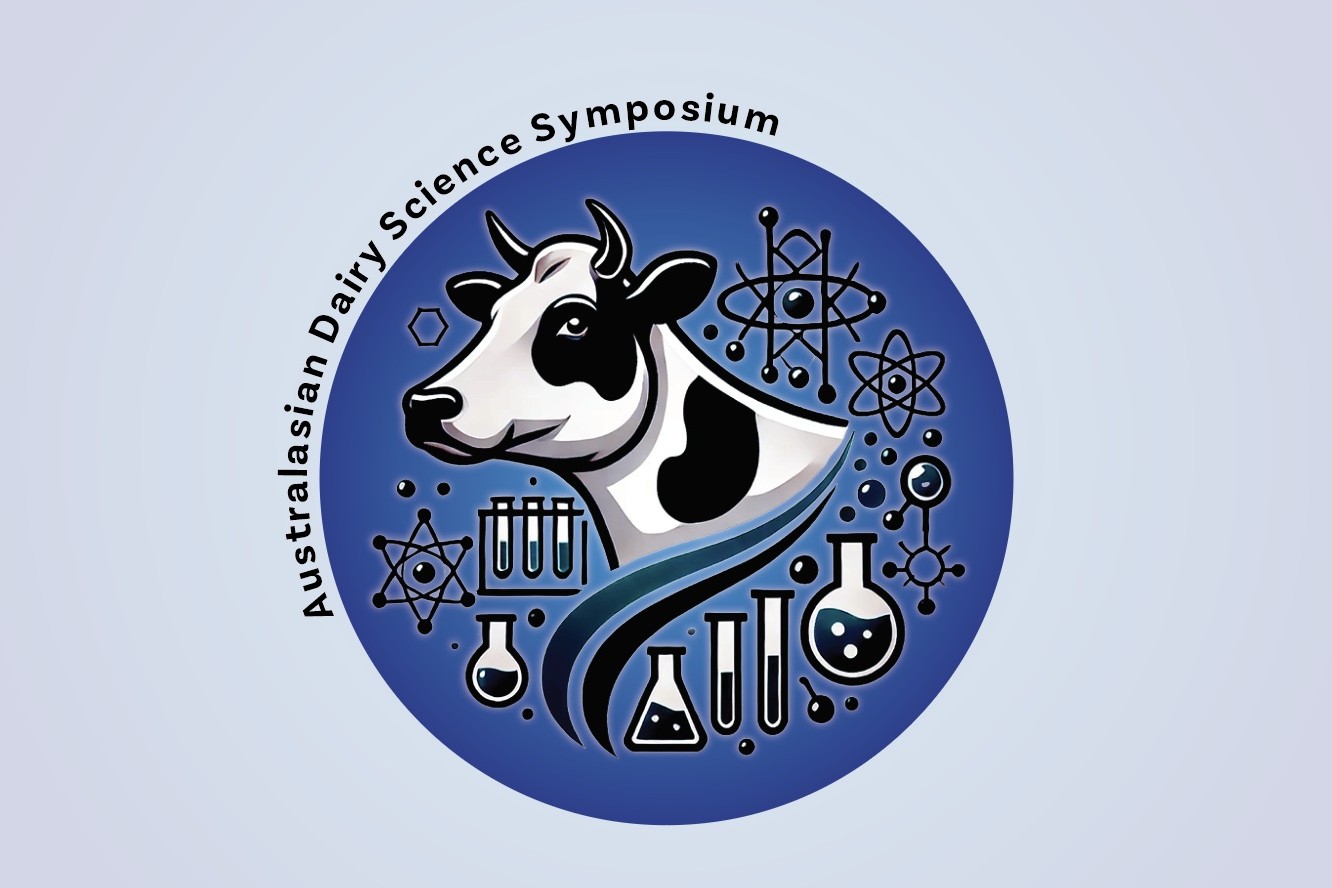key policy reforms
A focus on outcomes rather than inputs is what DairyNZ will be aiming for with new government regulation and policy. Words Jacob Quinn.
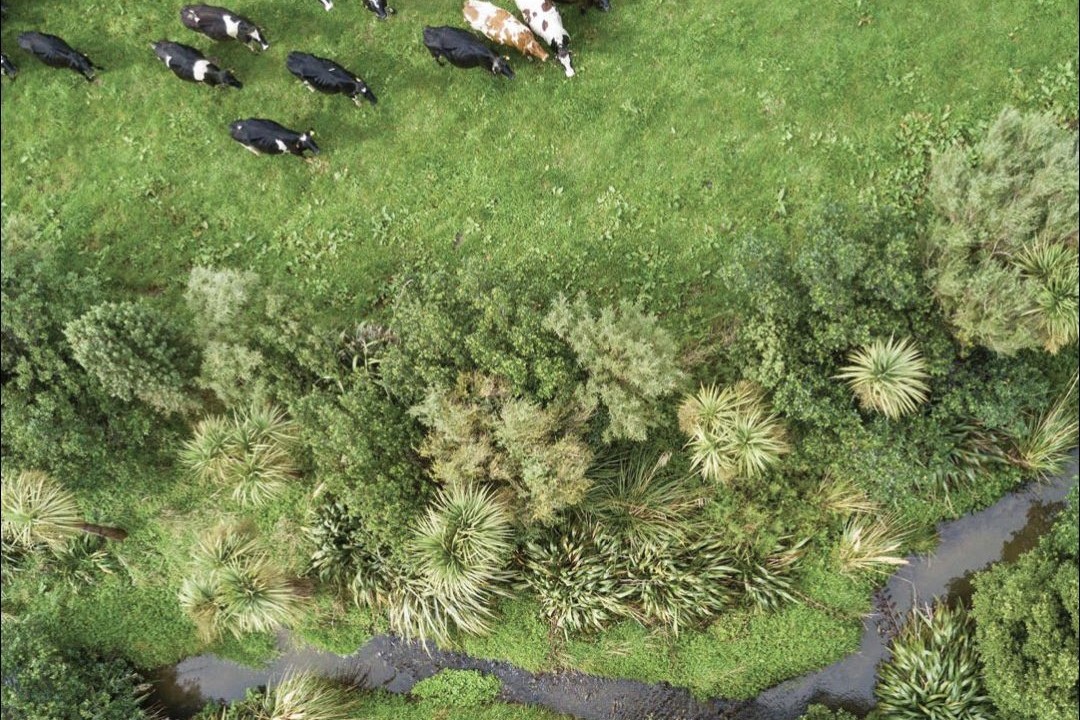
DairyNZ is representing farmers’ interests on several major government policy reforms, including freshwater management, climate targets and policy, and the reform of the Resource Management Act (RMA).
Dr David Burger, DairyNZ General Manager Farm Solutions and Policy, says it’s vital that policy outcomes are practical, science-based, and enduring.
“We’re focused on ensuring policy works for farmers – that it’s achievable on the ground, supports better outcomes, and enables farming businesses to thrive,” says Dr Burger.
Freshwater reforms – consultation open
The government has opened consultation on national freshwater rules, which will shape future regional rules and future limits. Dr Burger says this is a critical opportunity to reshape policy that has been impractical and unworkable in its current form.
“We support a reset that’s more balanced and focused on outcomes,” he says. “Rules should be aimed at specific ecosystem and human health outcomes, not just numerical targets and inputs, to best deliver on catchment objectives.”
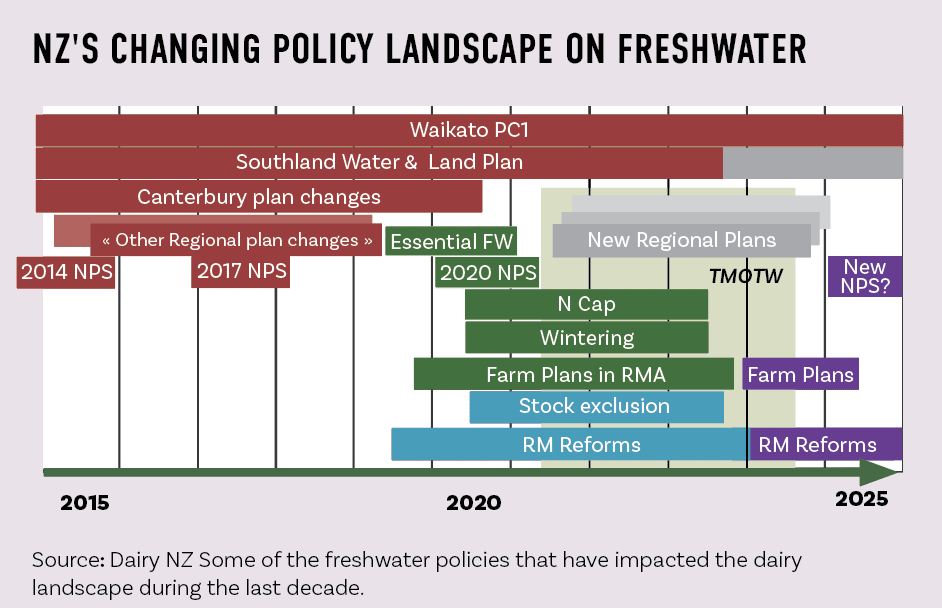 DairyNZ is advocating for freshwater farm plans to be the central tool for managing on-farm risks, and for continued support of catchment groups that are already delivering local environmental improvements.
DairyNZ is advocating for freshwater farm plans to be the central tool for managing on-farm risks, and for continued support of catchment groups that are already delivering local environmental improvements.
DairyNZ is working with scientists from dairy companies and regional councils to reduce complexity and make sure farmers aren’t burdened with impractical compliance expectations. DairyNZ have also suggested redrafted freshwater legislation, highlighting how to secure good regulation with good environment outcomes.
Resource management reform – RMA replacement under way
Work is progressing to replace the RMA, with several key changes already made, including the repeal of winter grazing rules and pausing significant natural area (SNA) requirements. Two new Acts will eventually replace the RMA entirely.
Dr Burger says DairyNZ is working closely with the government to ensure the new system gives farmers the flexibility to farm in a way that works for their land and business.
“The new legislation must allow farmers to take a risk-based, catchment-focused approach and support flexibility in how they meet environmental goals.”
Methane targets – clarity needed
A government decision on New Zealand’s methane reduction target is expected soon. DairyNZ has long advocated for a review of the current 24–47% target range, which Dr Burger says is too high and goes beyond what science shows is needed.
“We support a science-based target that reflects methane’s behaviour as a short-lived gas and ensures no additional warming. Farmers need clarity and confidence that the target is both achievable and fair,” he says.
DairyNZ continues to call for practical climate policy, farmer choice over new tools and technology, and a clear path forward that aligns with New Zealand’s climate commitments without undermining farming viability. DairyNZ supports the Independent Panel’s methane science and target review from December 2024.
“We support the science that is based on ‘no additional warming’ because the current target range would see warming from New Zealand methane peak in the 2030s and decline well before 2050,” says Dr Burger.
“This is well ahead of most other countries and goes beyond what is needed based on the science of short-lived gases. A lower range makes sense given tech and global action are unreliable at this stage.”
Methane emissions from dairy cattle have decreased by 4.1% since 2017, showing farmers’ commitment to improving environmental performance.
DairyNZ successfully advocated for including the split-gas approach and keeping agriculture out of the ETS, while reminding decision-makers that changes affect the whole farm system and market access.


